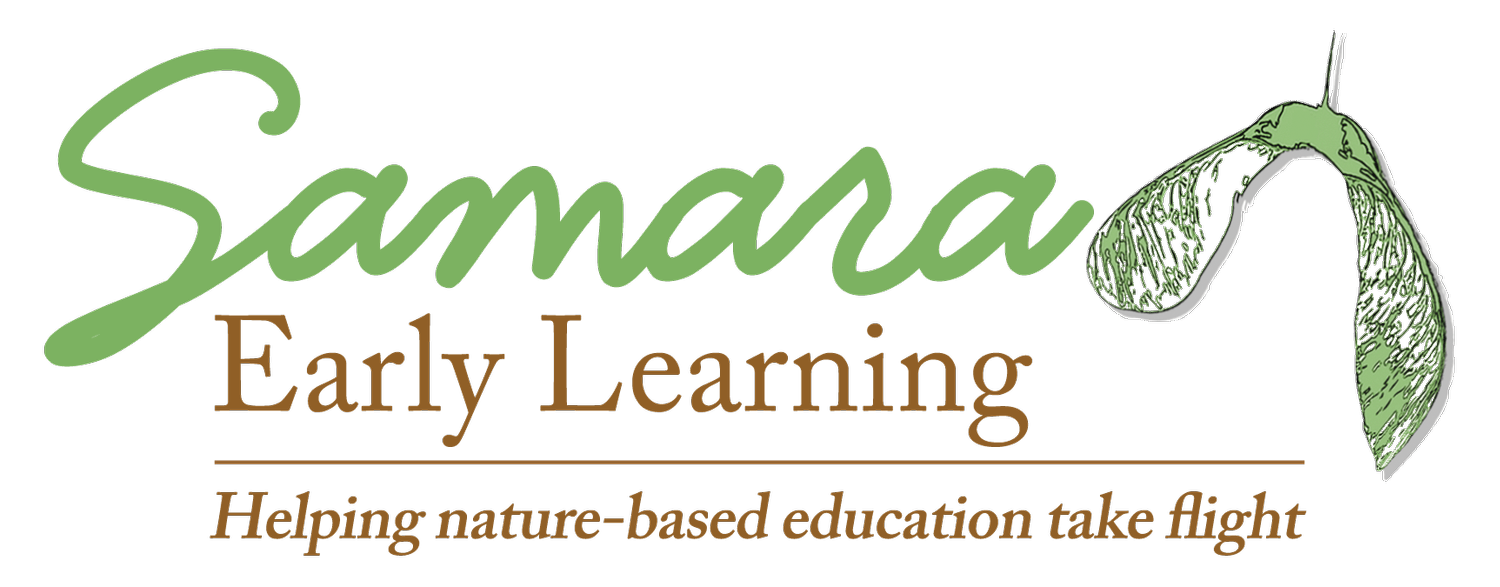Experiences rather than activties
This post originally appeared in Dr. Rachel A. Larimore’s weekly Samara newsletter on May 14, 2024. If you’re interested in receiving these emails, scroll to the bottom of this page to subscribe.
I’m in the middle of helping to facilitate an 8-week course on nature-based emergent curriculum with teachers in China. This is the second cohort of teachers from China that I’ve worked with and I absolutely love it!
As you might imagine from my message last week about learning from others, I have learned SO much working with these dedicated teachers–as well as teachers in other countries throughout the world.
My international work has taught me:
Educators everywhere are passionate about doing what is best for children
There is a universal fear for parents that their children “won’t be ready” for whatever is next (such as kindergarten)
Most of the challenges with nature-based education are universal–dressing for the weather, managing fears around risky play, meeting academic/curricular demands, etc.
I have also learned that words matter! Translation from one language to another is of course difficult, but even within our first language it can be difficult to clarify and express the nuance of our meaning with words. Part of this challenge is that everyone comes with their own understanding of the many words in the education field.
A prime example of this is the term “activities.” This term can be especially challenging when we’re talking about emergent curriculum.
When planning emergent curriculum we as teachers select materials to add to the environment for children to potentially use in free play. We also plan for teacher-led portions of the day–which we sometimes refer to as “teacher-led activities.”
Technically an activity is just the thing a person or group does. Yet, often “activity” is a very teacher-led, scripted interaction with a clear structure and intended outcome.
This scripted interaction is counter to the goals of play-based, child-led, emergent curriculum.
This is why when we’re talking about teacher-led portions of the day such as large group or small group meetings, I’ve started using “experiences.” An experience is an event or occurrence which leaves an impression on someone.
When planning I encourage teachers to think about how we can provide an experience that will leave an impression on children’s hearts and minds. AND…when planning and implementing those experiences we must remember that each child will leave with a different impression.
All too often if we plan for an “activity” we have a very clear outcome in mind and there isn’t an opportunity for children to connect their own experiences and ideas to the learning. Whereas planning for an experience acknowledges that every child is unique and will make sense of the event in their own way.
I still think the term “experience” is imperfect, but I’m hoping it gets us closer to the intent behind the teacher-led portions of the day. What term do you use? Can you think of a better word?
Keep changing lives,
Rachel
Rachel A. Larimore, Ph.D., Chief Visionary of Samara Learning

